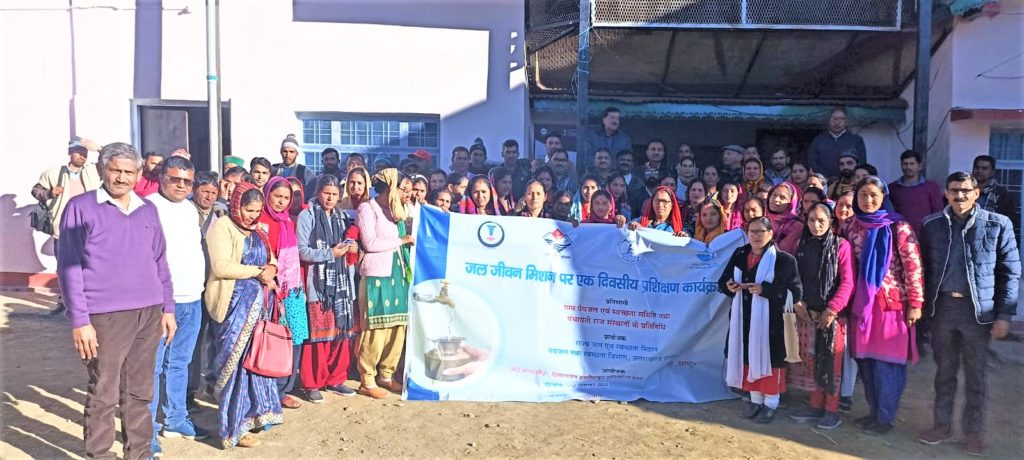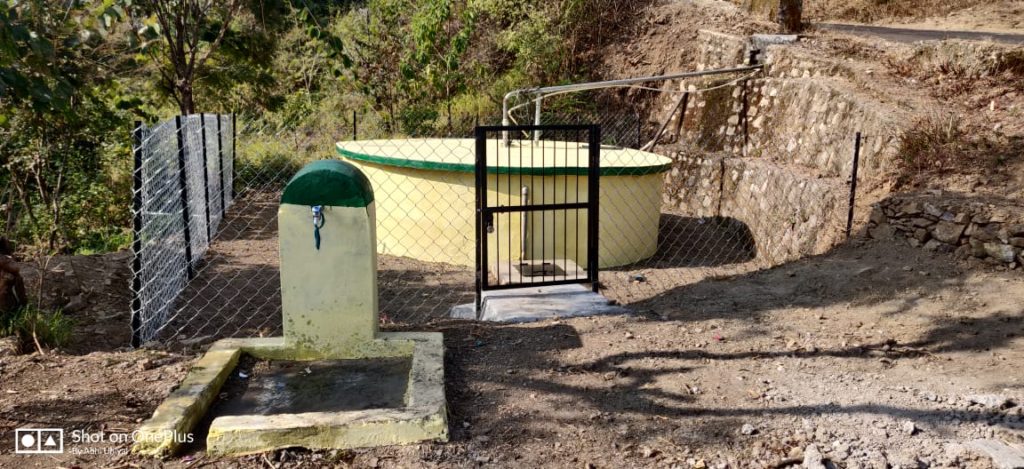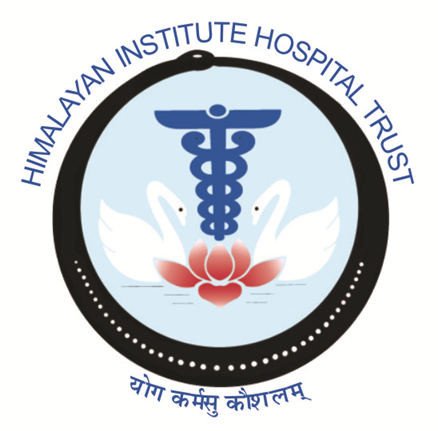The role of Panchayats in the water sector is essential for effective management, equitable distribution, and sustainable use of water resources at the local level. Panchayats are mainly responsible for managing water resources within their jurisdiction. They play a crucial role in formulating plans, and strategies related to water management, including water conservation, groundwater recharge, rainwater harvesting, and watershed management. Panchayats also play a vital role in providing access to safe drinking water and sanitation facilities in rural areas. They facilitate the implementation of government schemes like the Jal Jeevan. The mission is to ensure tap water connections to household levels. Panchayats oversee the construction, operation, and maintenance of community water supply systems, including hand pumps, wells, and piped water systems. Panchayats play a vital role in the development of water-related infrastructure, such as water supply schemes, irrigation systems, check dams and water storage structures. They coordinate with relevant government departments, allocate funds, and oversee the implementation of infrastructure projects to meet the water needs of the community.

Panchayats have the capacity to enforce regulations related to water use, quality, and conservation. They monitor the implementation of water-related projects, ensure compliance with standards, and take necessary measures to address issues like water pollution, illegal extraction, and overexploitation of water resources. The majority of panchayats mobilize and engage the local community in water-related initiatives. They raise awareness about the importance of water conservation, hygiene practices, and sanitation. In rural areas of Uttarakhand, many panchayats organize community-level campaigns, workshops, and training programs to promote behavior change and sustainable water use. They facilitate the formation of Water User Associations (WUAs) or similar community-based organizations to manage and maintain water supply systems effectively. They support WUAs in capacity building, governance, and financial management, enabling local participation in decision-making processes.

Local panchayats in rural areas mediate and resolve conflicts related to water allocation, use, and access within their jurisdiction. They promote participatory decision-making processes, encourage dialogue among different water users, and seek consensus to address conflicts effectively. Panchayats collect and maintain data related to water resources, water supply systems, and water use patterns in their area. This data helps in planning and decision-making processes for sustainable water management. Panchayats also contribute to the formulation of village, block and district action plans to address local water challenges.
Rural Development Institute always emphasizes community involvement and participation at all levels on water projects and the majority of water projects have been executed in close community participation with the help of external resources. More than 300 water schemes have been successfully implemented in various parts of the state in which communities actively got involved and participated in need assessment, planning, implementation, monitoring as well as operational maintenance. A large number of schemes are managed by local users committees for many years; in many places, they are collecting usage charges and managing huge water schemes including solar pump services. In summary, Panchayats play a crucial role in water governance, infrastructure development, regulation, community mobilization, and resource management at the local level. Their active involvement ensures the sustainable management of water resources and the provision of a safe and accessible water supply to rural communities
